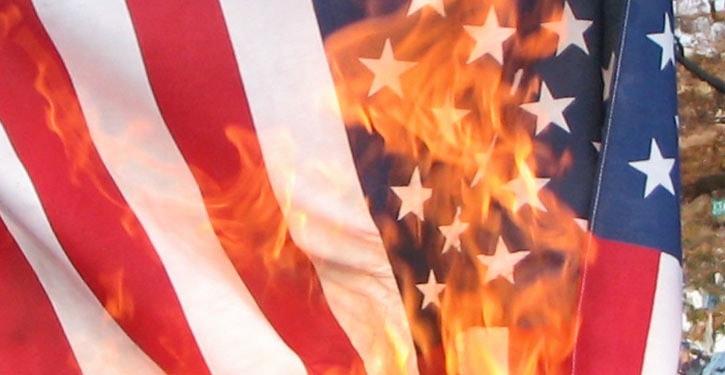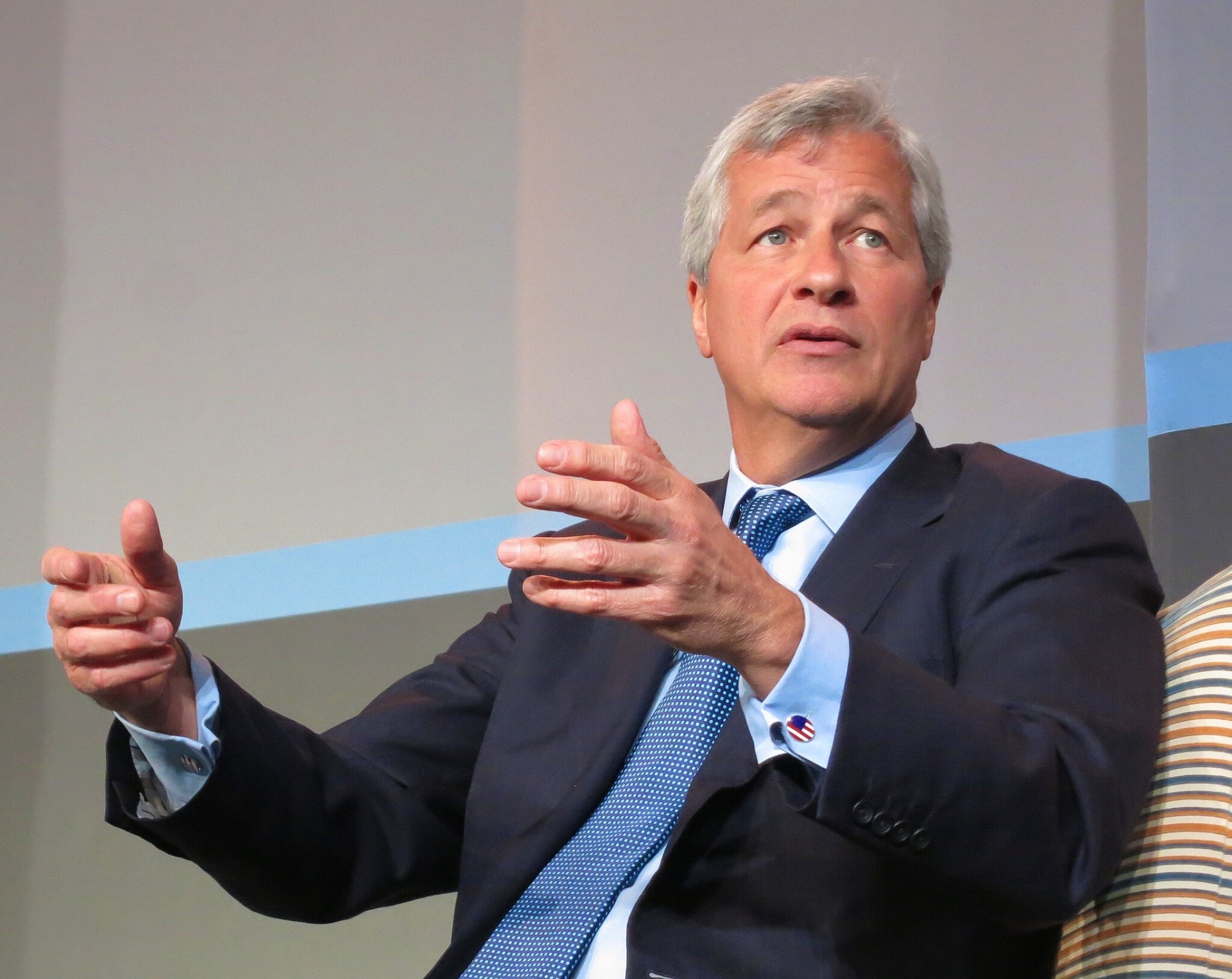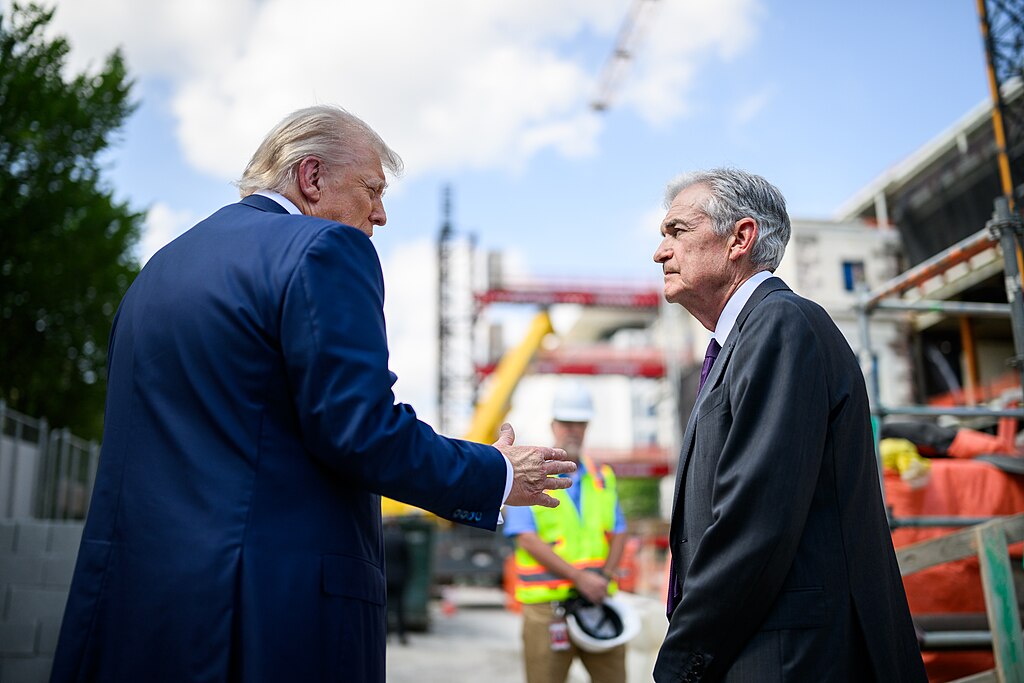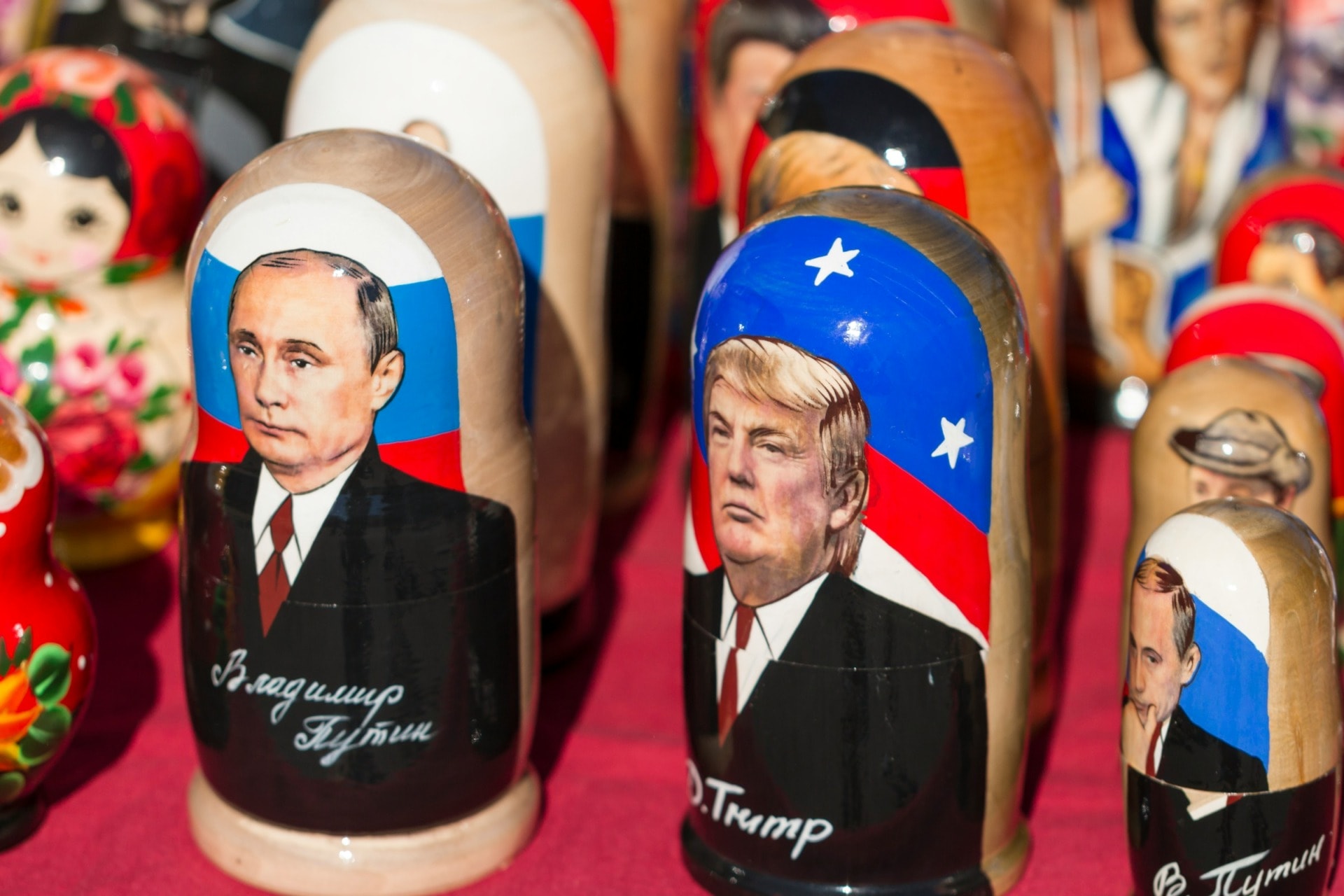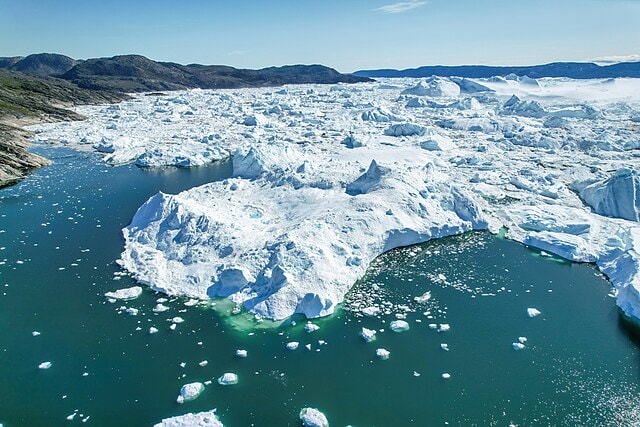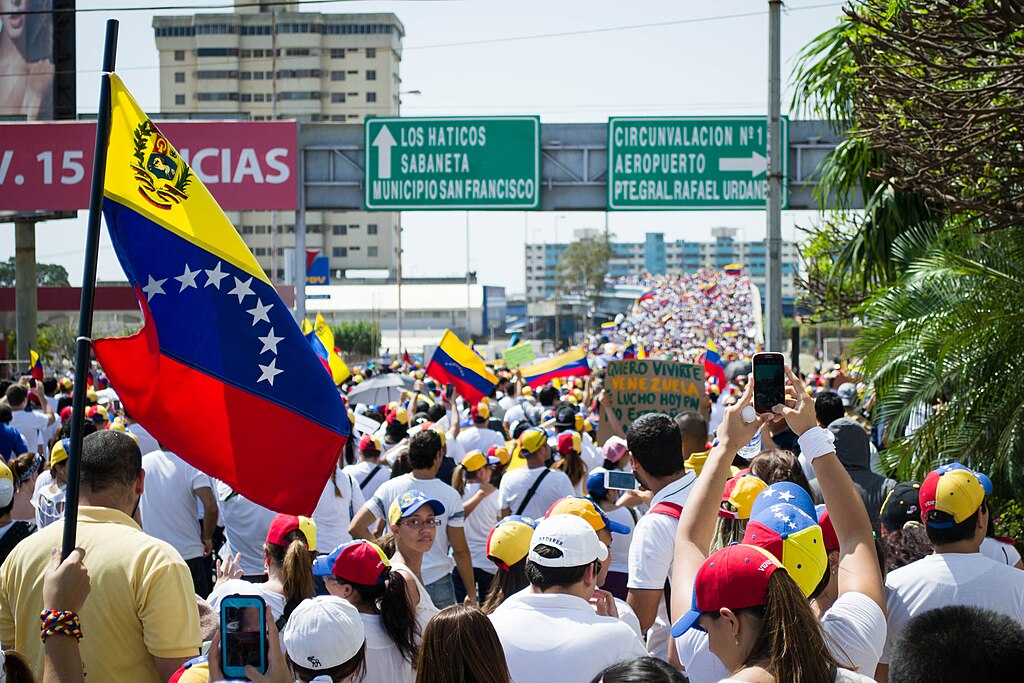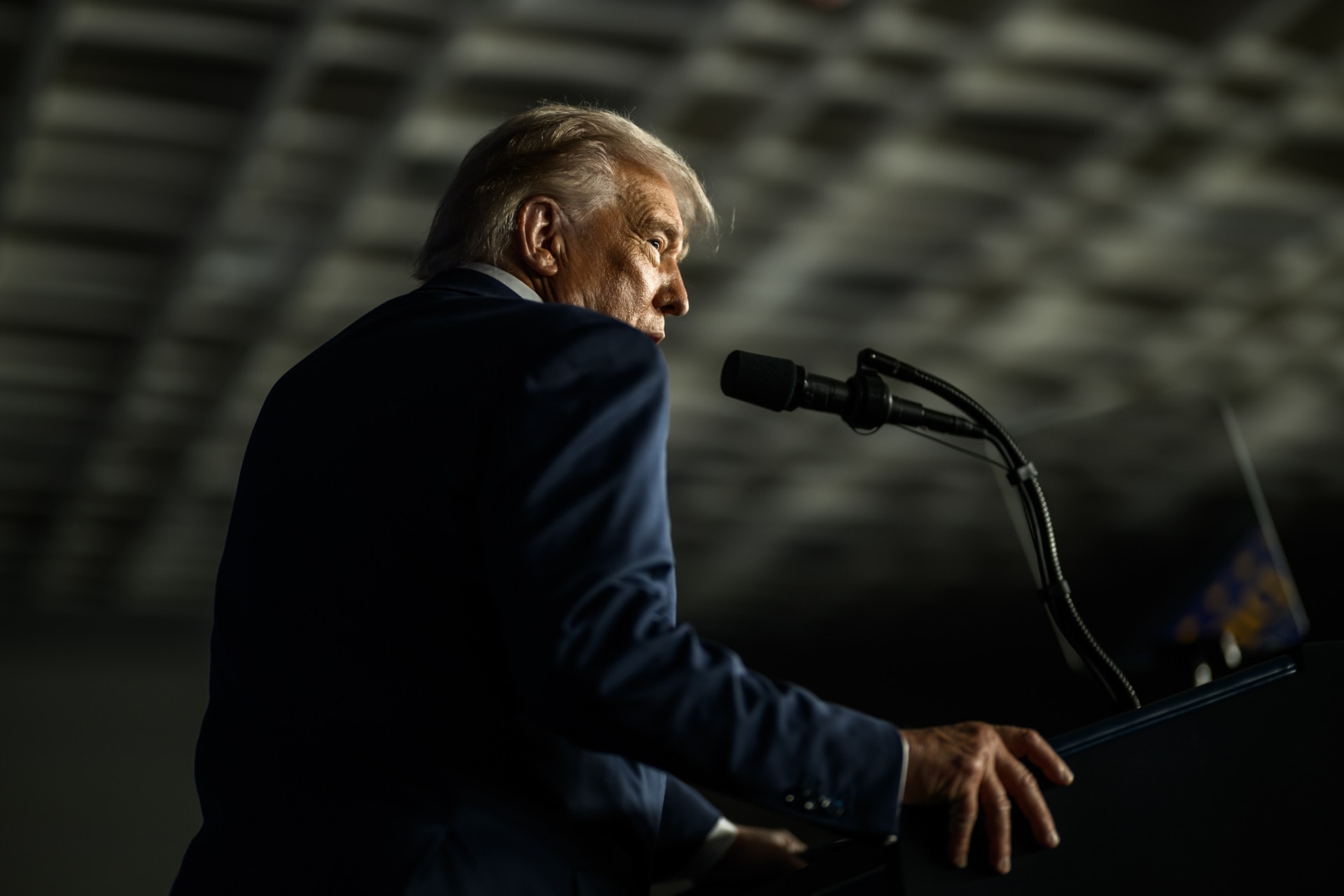Nobody noticed but Trump once more exhibited his fine-tuned Reality TV showmanship when he conflated the news about pulling out of the Iran Deal and about the meeting with North Korea leader Kim Jong-un. Yet, in one single day, Trump rang in a new international order based on his America First agenda.
How did he do this? Simple, he moved forward the date of his announcement that he was reinstating the sanctions on Iran. Everyone expected him to announce his decision on 12 May, the deadline for renewing the US suspension of sanctions on Iran. Instead, he did it on 8 May.
Why? This way, it coincided with the news that Secretary of State Mike Pompeo had flown to North Korea to pick up the three American detainees and set the dates of the coming US-North Korea summit meeting. [Update: Trump tweeted on 10 May that the meeting would take place on 12 June in Singapore.]
To make sure nobody would miss this at the press conference about Iran , Trump raised everyone’s curiosity with a cryptic aside mentioning Pompeo’s trip, without explaining what was really going on.
Then, when Mike Pompeo was already flying back with the three Americans on-board, he tweeted about it:
I am pleased to inform you that Secretary of State Mike Pompeo is in the air and on his way back from North Korea with the 3 wonderful gentlemen that everyone is looking so forward to meeting. They seem to be in good health. Also, good meeting with Kim Jong Un. Date & Place set.
— Donald J. Trump (@realDonaldTrump) May 9, 2018
He even tweeted that he would go and meet them in the middle of the night, at 2 am, and he did so, accompanied by the First Lady.
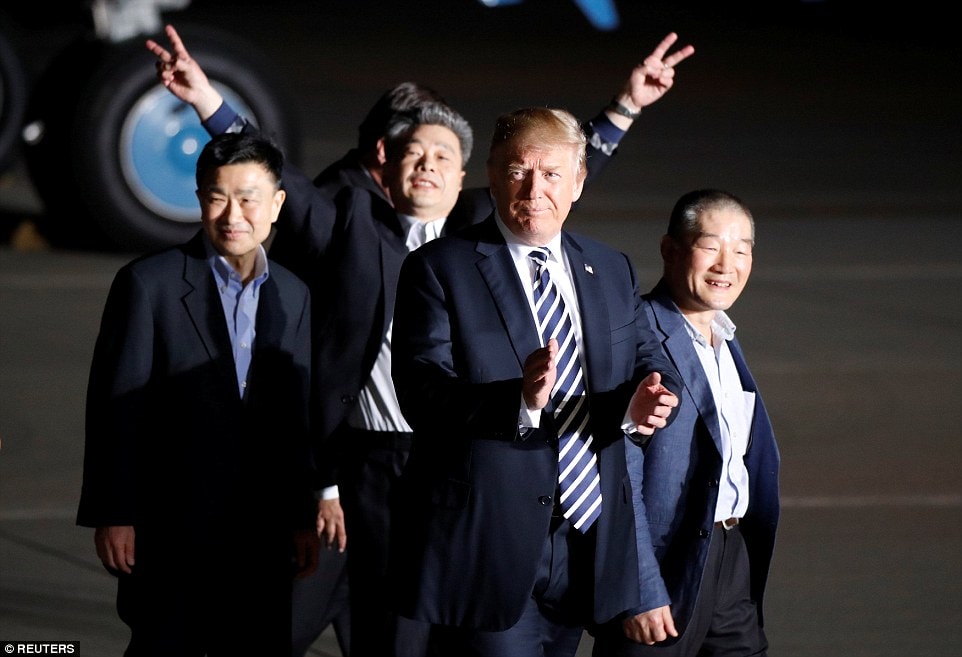
In the Photo: Trump greets the three released Americans, Kim Dong Chul, Kim Hak Song and Tony Kim at Andrews Air Force Base outside Washington at 2 am on and he thanked the North Korea leader for freeing “the folks early”. Credit: Reuters
Trump’s presidential Tweets about the Iran Deal marred by his Obama Obsession
Unfortunately, he couldn’t resist the temptation to denigrate his predecessor and took several jibes at Obama’s Secretary of State John Kerry. First, before his Iran Deal announcement, on 7 May:
The United States does not need John Kerry’s possibly illegal Shadow Diplomacy on the very badly negotiated Iran Deal. He was the one that created this MESS in the first place!
— Donald J. Trump (@realDonaldTrump) May 7, 2018
And after the announcement, on 8 May:
John Kerry can’t get over the fact that he had his chance and blew it! Stay away from negotiations John, you are hurting your country!
— Donald J. Trump (@realDonaldTrump) May 8, 2018
Hurting the U.S.? John Kerry is the man, who along with diplomats from the other 5+1 countries participating in the “Iran deal” (US, UK, France, Russia and China + Germany) worked hard, indeed worked for years, on crafting the agreement with Iran that successfully put an end to its nuclear ambitions – as testified by the AIEA inspectors who regularly confirmed after every inspection that Iran was in full compliance.
In short, Iran’s nuclear program had been stopped but now the door is open to a nuclear arms race in the Middle East.
What next?
Trump does not believe pulling out of the Iran Deal risks spreading nuclear arms. And neither does John Bolton, his hawkish National Security Adviser. They both are convinced economic sanctions work and that the pressure will be so strong on poor little Iran that they will come back to the negotiating table. They expect Iran to beg America for a new deal, the implication being that the Iranians would accept any conditions America would wish to impose.
What conditions? Trump didn’t say, and many observers believe he doesn’t know what he wants, that he actually hasn’t got a Plan B. Though, in all fairness, many diplomats, including in Europe, believe that the Iran deal could have been strengthened, that there was leeway to make it better – but at least, use it as a starting point for further negotiations and not simply scuttle it.
A Deepening Rift with Europe
Nobody managed to convince Trump that this was the case, not Macron or Merkel who took the time to travel to Washington before he made his decision. To no avail. And they are not happy now, and neither are Europeans in general.
Trump just opened a huge rift with his European allies. The French are up in arms about it and mobilizing the rest of Europe. US “indirect sanctions” are the problem: European firms doing business in Iran have up to six months to wind down their investments in Iran or risk US sanctions, and they won’t be allowed to sign new contracts with the country.
Was it worth it, tearing apart the United States’closest allies, just for the sake of re-imposing sanctions on Iran?
Sanctions Never Work
The answer would be yes if sanctions worked – but, historically, they have never work as intended. At best, they save face for the country imposing the sanctions, at worst they punish innocent people in the sanctioned country, the middle classes hurt, the poor get poorer. But in no case have they ever achieved their prime purpose, which is to change the government policies, if not the regime, of the sanctioned country.
Look at what sanctions did to Russia: The economy was hurt, but Putin did not retreat from Crimea or Eastern Ukraine, and for the first time, he has brought Russian might to the Middle East, carving for himself a prime role in the Syrian war.
And look at what sanctions did to North Korea: One of the poorest countries in Asia, suffering from recurring famines, yet, for the last 25 years, North Korea has relentlessly pursued its nuclear objectives and, as we all know, it has extended its nuclear reach to the shores of America.
Don’t expect Iran to be afraid of sanctions, or that economic pressure will push it to the negotiating table with the U.S. Should the economic and political situation worsen in Iran – as it well might, the pressure from Iranian hardliners will be hard to resist for the pro-Western (weakened) elite. Because that is what sanctions do: They revive nationalism, people patriotically put aside their differences with their government and join in giving full support.
In short, sanctions achieve the exact opposite result of what they aim for.
Don’t be surprised if American flag burning is once again popular in Iran (though, in truth, Iranians never stopped doing it, on and off, in the streets of Tehran and other cities). Unsurprisingly, soon after Trump announced his Iran Deal decision, members of the Iranian Parliament burned the American flag and a copy of the Iran Deal.
Contrary to what John Bolton is saying, don’t expect North Korea to be impressed by the U.S. pulling out of the Iran Deal.
What Trump has done is once again confirm to the whole world that the U.S. is not a trustworthy partner: Every new administration puts at risk all the international treaties and agreements that the U.S. has entered in – unless confirmed by the Senate. And of course, this Iran Deal never went to the Republican-controlled Senate: Obama could not ensure its passage. Therefore, he took the back road and simply suspended sanctions on Iran through Executive Orders. Clever but not good enough when Trump moved in.
Trump pulled out of the Paris Climate Agreement. He broke out of the TPP, the Pacific trade agreement that was meant to isolate China; the equivalent trade agreement with Europe is a dead letter too. NAFTA, the long-standing trade deal that defined economic relations between the U.S. and its closest neighbors, Canada and Mexico, over the past 25 years, is equally at risk.
So how can North Korea ever believe Trump? But then, Trump doesn’t care. His whole political agenda is governed by the “America First” slogan that pleases his voters. And don’t be surprised if Trump walks out on Kim Jong-un and blames him for the collapse of negotiations. Par for the course.
Editors Note: The opinions expressed here by Impakter.com columnists are their own, not those of Impakter.com
Featured Image Credit: This image, which was originally posted to Flickr, was uploaded to Commons using Flickr upload bot on by Davepape. On that date, it was confirmed to be licensed under the terms of the license indicated.


